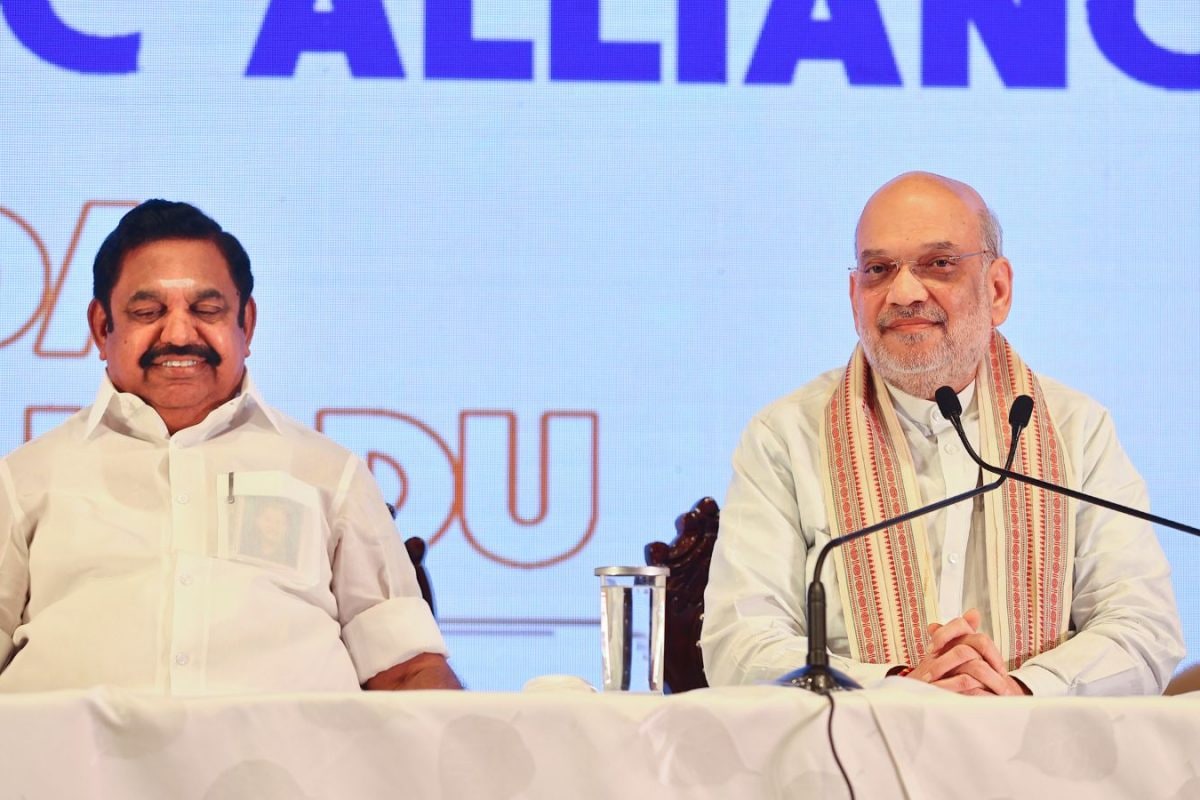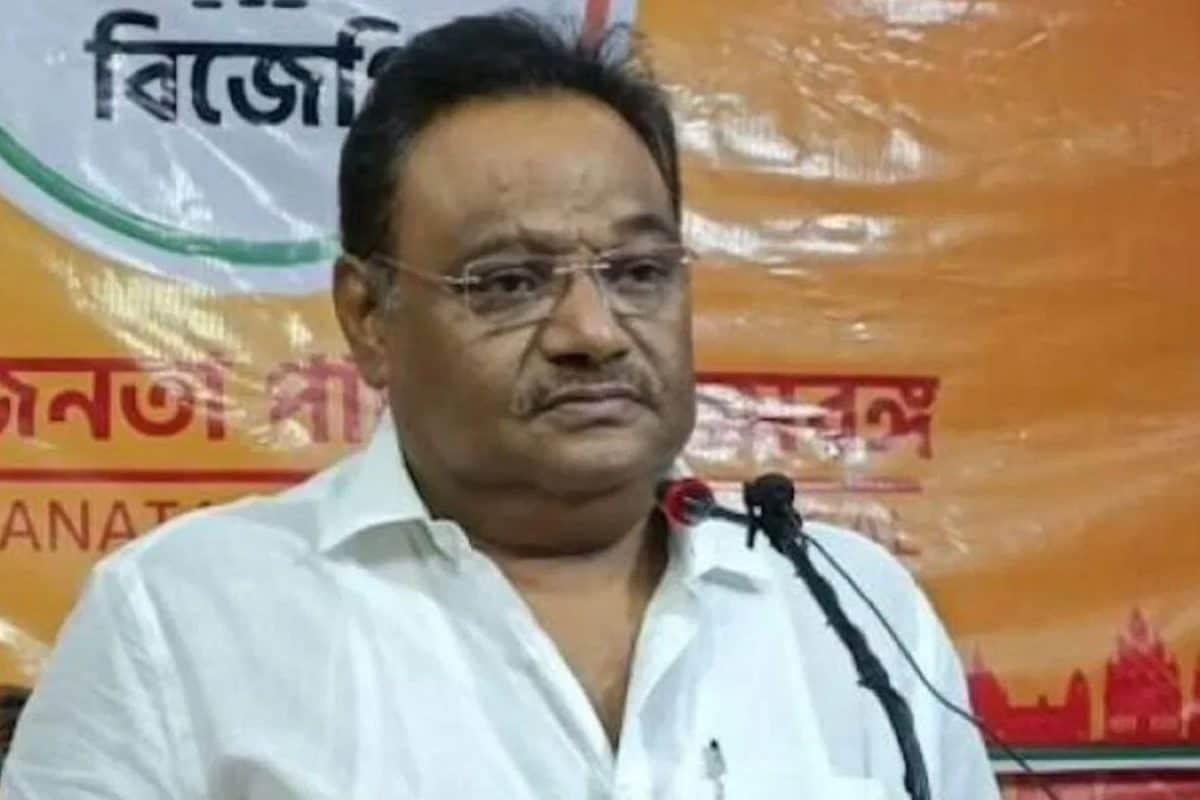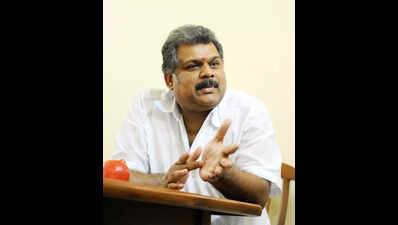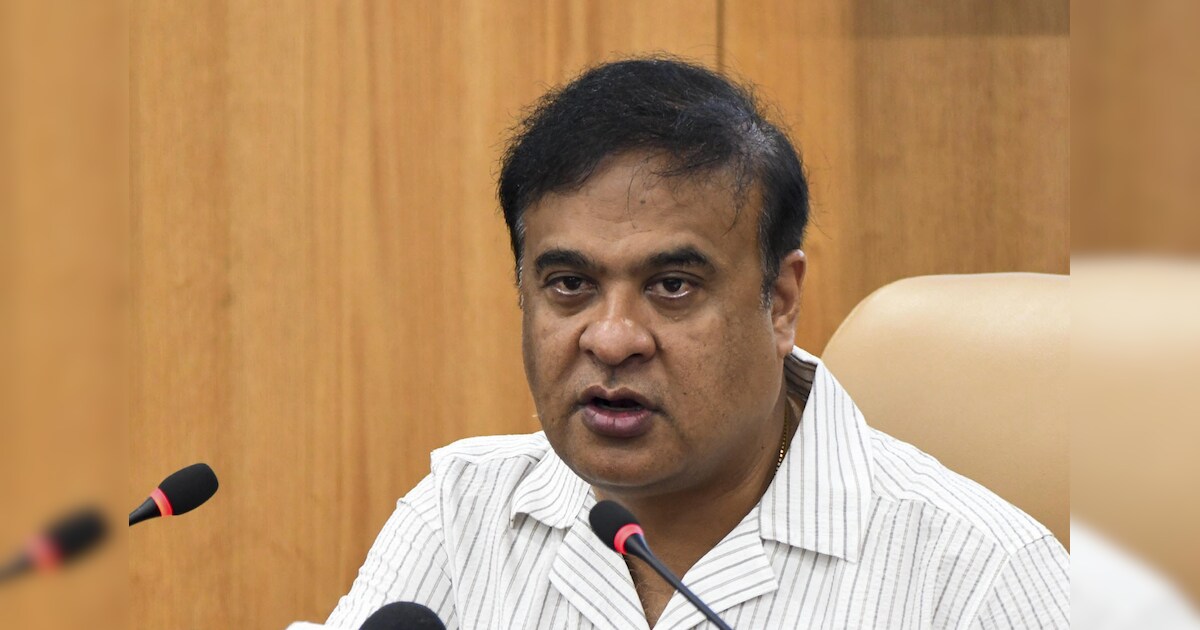Politics
Kareena Kapoor Khan’s Diet Secrets Revealed After 18 Years

Kareena Kapoor Khan has maintained a consistent diet for the last 18 years, according to her nutritionist. Since 2007, the acclaimed actress has embraced simple, home-cooked meals, with only minor variations in her daily menu. This dedication to her nutritional regimen has been complemented by a decade-long commitment to yoga, which she credits for significant improvements in her overall well-being.
Khan’s diet is rooted in traditional cuisine, focusing on fresh ingredients and balanced meals. For breakfast, she typically enjoys oatmeal or egg dishes, providing the necessary energy to fuel her busy days. Lunch often consists of lentils, vegetables, and rice, adhering to a wholesome and nutritious approach. Dinner mirrors her lunch choices, emphasizing the importance of consistency in her eating habits.
Significance of Yoga in Khan’s Routine
In addition to her dietary discipline, Khan has incorporated yoga into her lifestyle for over ten years. This practice not only enhances her physical fitness but also contributes to her mental clarity and emotional stability. The combination of a balanced diet and regular yoga sessions has allowed her to maintain her health and vitality, even amid the demands of a high-profile career.
She has often spoken about the mental and physical benefits of yoga, highlighting its role in stress management and overall wellness. By committing to these practices, Khan sets an example for many of her fans and followers, demonstrating the impact of discipline and healthy living.
Kareena Kapoor Khan’s enduring dedication to her diet and fitness regime serves as an inspiration to those looking to make positive lifestyle changes. Her consistent choices reflect a broader trend towards prioritizing health and well-being in the entertainment industry. As she continues to thrive in her career, her approach to nutrition and fitness remains a topic of interest for many.
Politics
Palaniswami Declares AIADMK Will Lead Tamil Nadu, Snubs BJP Coalition

In a clear indication of his intentions, Edappadi K. Palaniswami, the leader of the AIADMK, announced that his party will not enter into a coalition government in Tamil Nadu. This declaration comes as the state prepares for assembly elections scheduled for 2024. Palaniswami emphasized that the AIADMK will emerge as the single largest party, effectively sidelining the BJP in any future governance structure.
Palaniswami’s recent statements have sparked confusion regarding the dynamics within the NDA (National Democratic Alliance). Over the past months, he has exhibited inconsistencies in his messaging about the alliance’s stability. While he has occasionally asserted that the NDA remains strong in Tamil Nadu, stating that attempts to create divisions will fail, he has also made it clear that decisions regarding the alliance will rest solely with him.
“There will be no coalition government in Tamil Nadu. The AIADMK will become the single largest party,” Palaniswami asserted during an interview with News18. He further extended an invitation to other parties, specifically the Tamilaga Vettri Kazhagam (TVK), led by actor Vijay, to join forces against the ruling DMK. His rhetoric suggests a strategic positioning aimed at consolidating support ahead of the elections.
Union Home Minister Amit Shah has previously stated that a coalition government would be formed if the NDA secures victory in Tamil Nadu. Palaniswami, however, contested this assertion, reiterating that he is the one in charge of the alliance. “He says our alliance will form the government. I have already made it clear – who is heading this alliance? So it’s my decision, right?” he stated, underscoring his leadership role.
In his comments, Palaniswami reiterated that the AIADMK will lead the NDA, should the alliance win the elections. He expressed confidence in the stability of the current coalition, insisting that efforts to sow discord among its members will not succeed. “No attempts to create a rift in the alliance will succeed. This is a stable alliance,” he added.
The AIADMK leader also implied that the ruling DMK’s criticisms of his party’s alliance are rooted in their own apprehensions. He suggested that the DMK did not foresee AIADMK’s potential to forge new alliances and is thus reacting with fear to their political maneuvering.
As the election date approaches, the political landscape in Tamil Nadu is becoming increasingly dynamic. Palaniswami’s firm stance on leadership and coalition strategy may significantly shape the electoral outcomes. The evolving relationship between the AIADMK and BJP, as well as the party’s approach towards potential alliances, will be crucial in determining their success in the upcoming elections.
Politics
Bengal BJP Chief Tasked with Discipline Ahead of Modi’s July Rally

The newly appointed state BJP chief, Samik Bhattacharya, has been given a critical mandate to restore discipline within the West Bengal BJP ahead of Prime Minister Narendra Modi’s rally scheduled for July 18, 2023, in Durgapur. This directive follows concerns from the party leadership in Delhi regarding controversial remarks made by Bengal BJP leader Suvendu Adhikari that have raised political tensions.
During a recent visit to Delhi, Bhattacharya met with key party figures, including Sunil Bansal, the BJP’s Bengal in-charge, and BL Santhosh, General Secretary (Organisation). Sources indicate that the discussions focused on the need for the Bengal unit to avoid further controversies that could overshadow the upcoming rally, which marks Modi’s return to the state after a six-year hiatus.
Adhikari, who serves as the Leader of the Opposition, faced backlash after advising Hindu Bengalis against visiting “Muslim majority” areas, specifically referring to Jammu and Kashmir in light of a recent attack in Pahalgam. He stated, “Don’t go to the places where Muslims are in majority. If you want to go to Kashmir, go to Jammu… They (terrorists) killed people asking about their religion.” This statement prompted the Trinamool Congress (TMC) to criticize him, claiming he was echoing a divisive narrative.
Bhattacharya’s first task is to ensure that there are no further “out-of-turn gaffes” from party members, especially as the BJP aims to strengthen its position in West Bengal. The party is already dealing with internal discontent, particularly regarding former state president Dilip Ghosh, whose increasing association with Chief Minister Mamata Banerjee has unsettled many within the party ranks. Ghosh recently met with party officials in Delhi, where he remarked that there were no pending corruption cases against Banerjee, a statement likely to be viewed unfavorably by BJP supporters.
The forthcoming rally is strategically timed just days before the TMC’s annual Martyrs’ Day program on July 21, a significant event for the ruling party. Modi’s last rally in West Bengal took place on May 29, 2025, in Alipurduar, where he criticized the TMC government for alleged corruption and mismanagement, claiming it had “destroyed families.”
With the political landscape in Bengal becoming increasingly complex, Bhattacharya’s ability to maintain party discipline will be crucial as the BJP seeks to bolster its influence in a state where the TMC remains a formidable opponent. The upcoming rally is not just a platform for Modi to address supporters but also an opportunity for the BJP to counter TMC narratives and rally its base ahead of the crucial political events in the coming weeks.
Politics
Tamil Manila Congress Aims to Unite Opposition Against DMK

The president of the Tamil Manila Congress (TMC), G K Vasan, announced plans to unite all political parties opposing the Dravida Munnetra Kazhagam (DMK) in Tamil Nadu. Speaking at a public meeting in Chennai on October 3, 2023, to commemorate the 123rd birth anniversary of former chief minister K Kamaraj, Vasan emphasized the urgency of defeating the DMK in the upcoming 2026 assembly election.
Vasan stated, “TMC will work to unite all parties that are against DMK to defeat the DMK government in the 2026 election.” He highlighted the deteriorating law and order situation in the state, asserting that the only solution is to remove the DMK from power.
Opposition Campaigns Gaining Momentum
During his address, Vasan referenced the ‘Makkalai Kaappom, Tamizhagathai Meetpom’ campaign led by Edappadi K Palaniswami, general secretary of the AIADMK. He described the campaign as a success, stating, “The campaign will add further strength to our alliance.”
The TMC leader criticized the DMK government for failing to facilitate several Union government schemes in Tamil Nadu, blaming this for the state’s stagnation. “Tamil Nadu has not grown because of this,” Vasan remarked, adding that a future government formed by their alliance would work collaboratively with the Union government. He emphasized, “If we want 100% growth for Tamil Nadu, we need to have a smooth relationship with the Union government.”
Vasan’s remarks reflect a strategic shift among opposition parties in Tamil Nadu, who are increasingly rallying to challenge the DMK’s authority ahead of the 2026 elections. By consolidating their efforts, the TMC and its allies aim to present a formidable front against the ruling party, addressing significant issues affecting the state’s governance and development.
As the political landscape evolves, the effectiveness of these alliances will be closely monitored in the lead-up to the elections.
Politics
Assam Chief Minister Claims Demographic Shift Due to Encroachment

Assam’s Chief Minister, Himanta Biswa Sarma, has accused certain groups of religiously motivated encroachment on land, asserting that this has resulted in a demographic shift within the state. During a press conference on March 12, 2024, Sarma claimed that indigenous communities are experiencing an “invasion” from individuals of “one religion,” who are allegedly settling illegally in various districts.
Sarma emphasized the government’s ongoing eviction drives, which have cleared more than 1.19 lakh bighas of land since 2021, as vital efforts to combat this alleged demographic change. He pointed out that many of those evicted predominantly belong to the Bengali-speaking Muslim community, although he did not specify their identities directly.
The Chief Minister outlined that investigations related to the eviction drives have indicated that many encroachers possess land in their native districts but have chosen to migrate and settle illegally in Assam’s more remote areas. This trend, according to Sarma, poses a significant threat to the demographic balance of these regions.
Concerns Over Land and Forest Resources
Sarma highlighted the detrimental effects of such migrations, particularly concerning forest destruction and land use. He contended that these actions disrupt the ecological balance and alter the cultural landscape of Assam. “These people migrate to change the demography of that place,” he asserted, emphasizing the urgency of the situation.
The eviction drives have stirred controversy, with various groups expressing concerns over the treatment of those displaced. Critics argue that the measures disproportionately affect marginalized communities, particularly during a time when many families face significant economic challenges.
The Chief Minister’s statements come amid ongoing debates in Assam surrounding immigration and land rights. These issues have long been contentious, reflecting broader national discussions on identity, citizenship, and the rights of indigenous populations.
Government’s Stance on Immigration
Sarma’s administration has maintained a firm stance on immigration, viewing these eviction efforts as essential for preserving the rights and livelihoods of Assam’s indigenous residents. As tensions rise, the government insists that it will continue to monitor land encroachments closely and take necessary action to protect state resources.
The situation in Assam serves as a microcosm of larger national issues regarding migration and demographic change. As local communities grapple with these challenges, the government’s approach will undoubtedly shape the ongoing dialogue about identity and belonging within the state.
The implications of these actions are significant, not only for the immediate communities involved but also for the political landscape in Assam as it navigates complex social dynamics.
-

 World2 days ago
World2 days agoTorrential Rains Cause Flash Flooding in New York and New Jersey
-

 Science1 day ago
Science1 day agoNothing Headphone 1 Review: A Bold Contender in Audio Design
-

 Top Stories2 days ago
Top Stories2 days agoKonkani Cultural Organisation to Host Pearl Jubilee in Abu Dhabi
-

 World2 days ago
World2 days agoPrachanda Offers Support for Constitutional Amendments in Nepal
-

 Top Stories1 day ago
Top Stories1 day agoPatna Bank Manager Abhishek Varun Found Dead in Well
-

 Politics1 day ago
Politics1 day agoJr NTR’s Drastic Weight Loss Raises Eyebrows Ahead of War 2
-

 Business2 days ago
Business2 days agoIndian Stock Market Rebounds: Sensex and Nifty Rise After Four-Day Decline
-

 World1 day ago
World1 day agoHeavy Rain Causes 220 Road Closures in Himachal Pradesh
-

 Politics1 day ago
Politics1 day agoPolice Identify Human Remains in Hyderabad as Ameer Khan
-

 Top Stories2 days ago
Top Stories2 days agoAir India Crash Investigation Highlights Boeing Fuel Switch Concerns
-

 Science1 day ago
Science1 day agoTesla’s Model Y and Model 3 Lead U.S. EV Sales Despite Decline
-

 Sports1 day ago
Sports1 day agoJadeja’s Grit Shines, But Gavaskar Calls for Aggression in Loss









